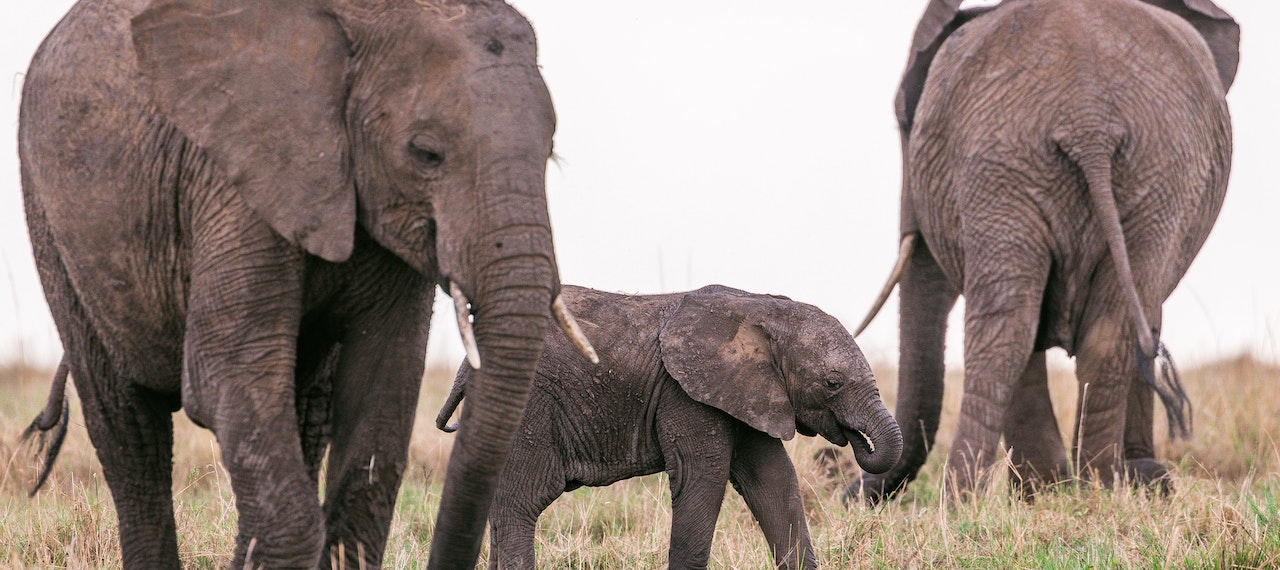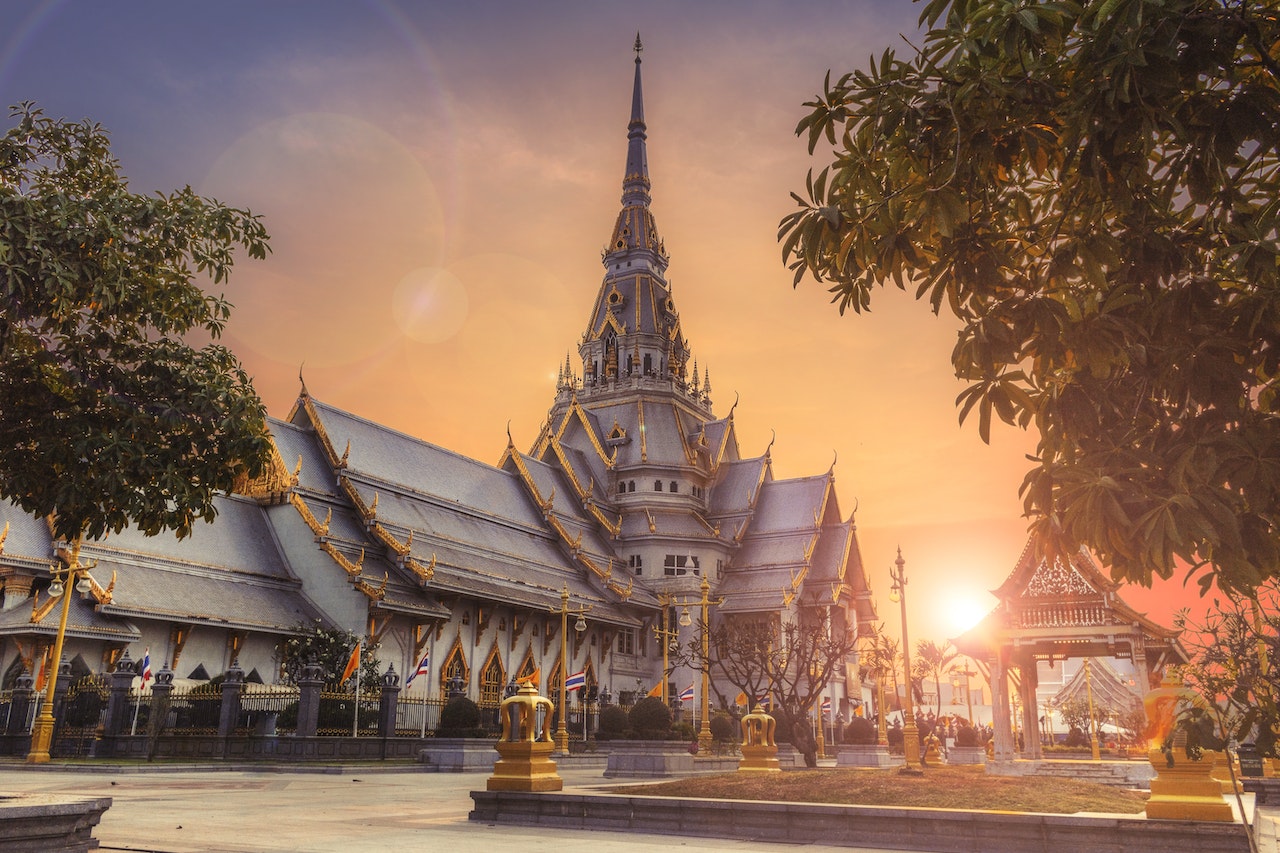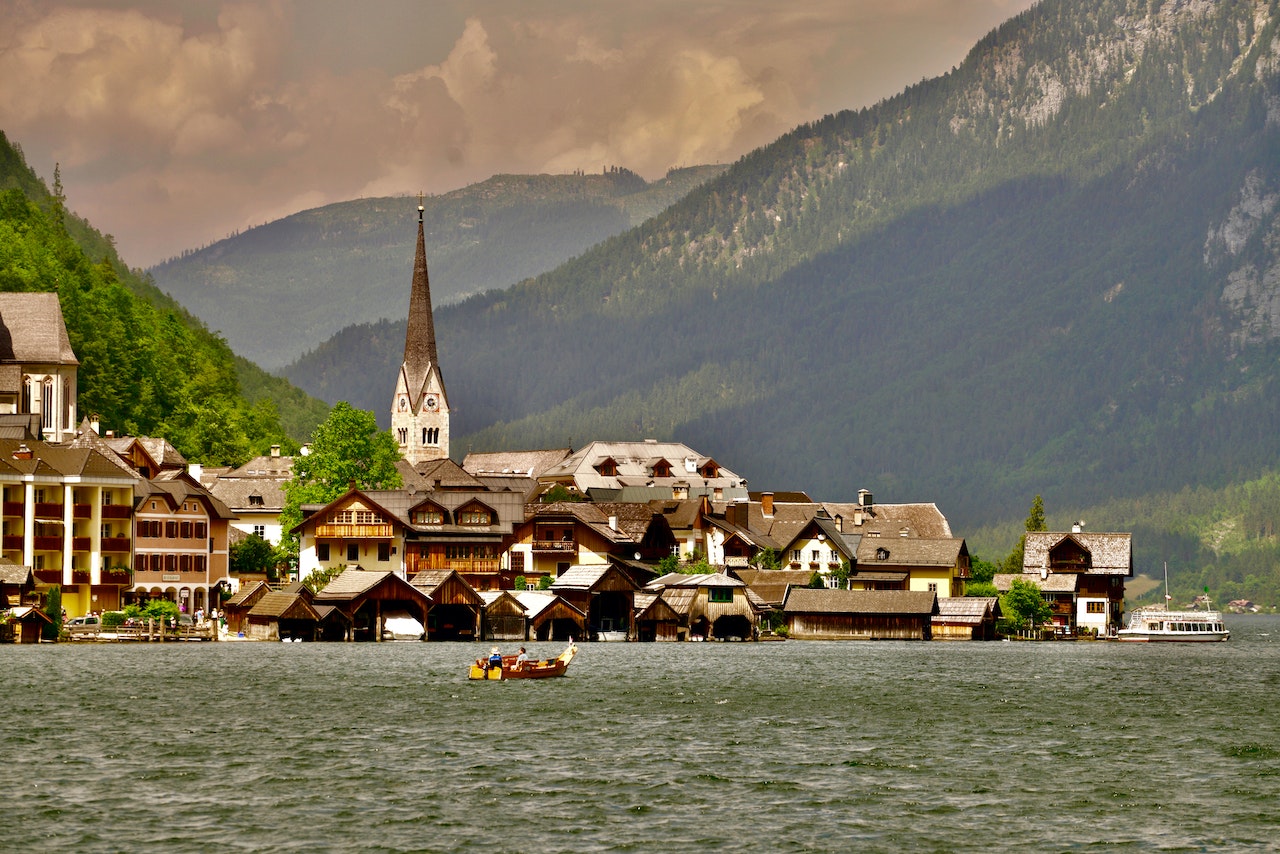Hello, Readers
Africa. Just the mention of this continent evokes images of wide-open savannas teeming with wildlife, spectacular landscapes that range from mountain ranges to vast deserts, and unforgettable cultural encounters. It's a land where the adventures are as diverse as the places themselves. And nothing encapsulates this African spirit of adventure more than a safari expedition. Welcome to my ultimate guide to African safari adventures.
Preparation:
First, let's talk about preparing for your safari. The weather can vary drastically depending on the time of year and region, so packing should be done thoughtfully. Lightweight, breathable clothes in neutral or earthy tones are recommended as they're less noticeable to animals. Remember to include a sturdy pair of walking shoes, a hat, sunglasses, sunscreen, and a reusable water bottle.
Equally important are binoculars and a good camera - a must for capturing those breathtaking wildlife moments. For health precautions, make sure to visit a travel clinic for necessary vaccinations and to ask about any antimalarial medication you might need. Don't forget to secure travel insurance that covers emergency evacuation too.
Choosing Your Safari Destination:
There's a lot to consider when selecting your African safari destination. From the sweeping plains of Serengeti in Tanzania, the rugged wilderness of Botswana's Okavango Delta, to the breathtaking biodiversity of the Kruger National Park in South Africa - each destination offers unique wildlife encounters and landscapes.
In Kenya's Maasai Mara, you might witness the Great Wildebeest Migration, one of the most awe-inspiring natural events. Zambia and Zimbabwe are the gateways to the mighty Victoria Falls, a spectacular backdrop to your safari experience. For a blend of marine and wildlife adventure, you can't beat South Africa's Garden Route.
Planning Your Safari:
African safaris can be customized to suit your interests, budget, and timeline. Do you want a luxury safari with first-class lodges and gourmet meals or a mobile camping experience that puts you closer to the wild? Both are unforgettable in their own ways.
Consider also the type of wildlife you're keen to see. Some parks are renowned for specific animal encounters - like tracking mountain gorillas in Uganda's Bwindi Impenetrable Forest or seeking out the Big Five (lion, leopard, rhinoceros, elephant, and Cape buffalo) in Tanzania's Ngorongoro Crater.
Best Time to Go:
Generally, the dry season (June to October for Southern and Eastern Africa, and December to March for Western and Central Africa) is the best time for safaris as animals gather around water sources, making wildlife viewing easier. However, each region has its own nuances, and even the wet season can offer special experiences like witnessing the birth of wildebeest calves in Serengeti.
Cultural Etiquette:
Respecting local customs and traditions is crucial. Always ask permission before photographing local people and be respectful of cultural sites. Many safari destinations also reside near local communities - a visit can offer rich cultural insights.
Conservation and Community Involvement:
Ecotourism has become an essential part of African safaris, with many operators focusing on sustainable practices and community involvement. Consider supporting those that give back to local communities and contribute to wildlife conservation efforts.
Final Words:
An African safari is more than just an adventure; it's a life-changing experience that brings you closer to nature in its most primal form. From witnessing the circle of life on the vast plains of the Serengeti to hearing the roar of a lion under the African night sky, it is an experience you will carry in your heart long after you've returned home.
Remember, every safari experience is unique - you never know what you might encounter in the wild expanses of Africa. Embrace the unexpected, respect the wilderness, and enjoy the adventure that awaits!
Until next time,





